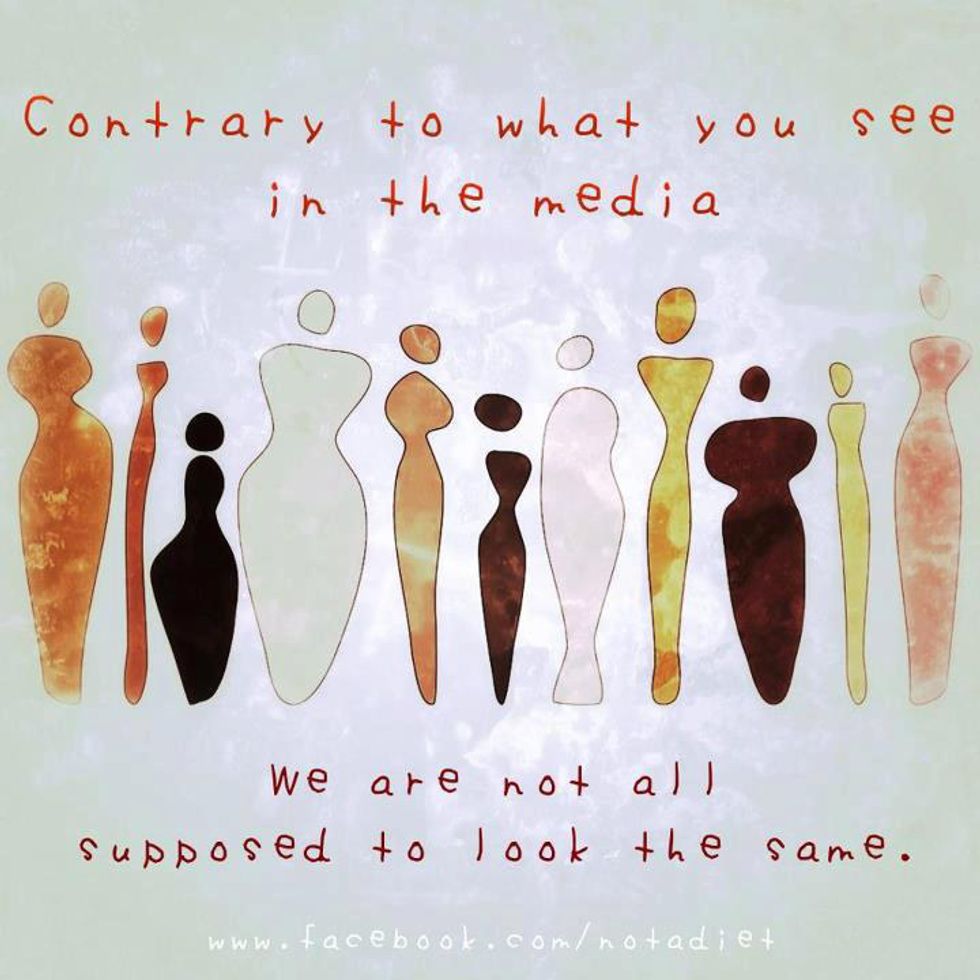In modern society there has been a strong desire to fit with the ideal standards of beauty, thin. Women all over the world obsess with the need to be thin no matter what the costs. The documentary Thin reveals the personal lives and experiences of four women who suffer from eating disorders at the Renfrew Center. The film shows the beginning of their stories, from what caused them to enter the center, their struggles with their eating disorders, interactions with the staff at the facility and family members while undergoing treatment, and every moment during their fight towards recovery. Furthermore, the film depicts how common eating disorders manifest themselves differently and affect all women differently (Greenfield, 2006)
.
Although there are multiple women at the Renfrew Center, the film focuses on the lives of four women in particular: Shelly Guillory, Polly Williams, Brittany Robinson, and Alisa Williams. One woman who stood out from the rest was Shelly Guillory. She began her treatment after fighting with her eating disorders for over five years, being hospitalized over ten times, and after multiple suicide attempts. Throughout the film she is revealed to be a troubled woman who suffers from distinct difficulties, such as struggling to eat Resource a weight-gaining fluid and even admits to using a syringe to remove food from her stomach from a tube that was connected through her belly button in order to force feed her. Furthermore, Shelly is dysfunctional, distressed, and in a dangerous state weighing only 80 pounds. Her family, including her twin sister, express concern over her low weight and her obsession to be thin. Shelly repeatedly states that she is depressed and has anxiety, also stating that she “used to have a personality”. Shelly struggles with gaining weight and gets angry after gaining two pounds in one day, later lashing out at the staff. She has anger problems as well as self-image issues. Shelly turns towards her peers, specifically Polly, and gets in trouble in the facility, struggling with anger and contraband like cigarettes and medication pills not prescribed to her (Greenfield, 2006).
Furthermore, Shelly expresses her concerns with control. She states that her disorder makes her feel in control of her body—she knows what’s going into her body even when she is facing troubling, even described as “bad” thoughts. After Polly is discharged for the facility after disobeying the rules repeatedly, Shelly commits herself to her own recovery. She gains weight to and is released from the facility. She is the only woman out of the four protagonists who completes the treatment, while the others are discharged for various reasons including their insurance no longer covering the costs of their stay at the facility. At the end of the film, it is revealed that Shelly is married but has again failed to maintain her weight and instead loses 17 pounds. She also was given electric shock therapy to treat her depression (Greenfield, 2006).
As a society we need to unlearn and reform societies standards which thrive on the idea that thin equals beautiful. We need to embrace the fact that women are beautiful no matter what their bodies may look like (and we need to stop sexualizing their bodies in the media too!) Women, no matter if you're 17 or 27, each and every day remember to love yourself and your body. Your body is a temple, treat it as one.


























